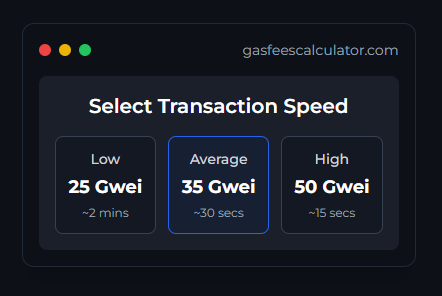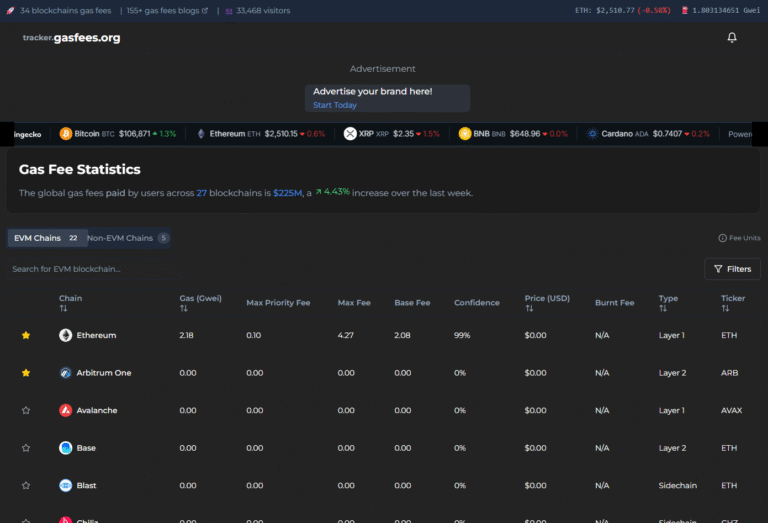What Are EthereumPOW Gas Fees?
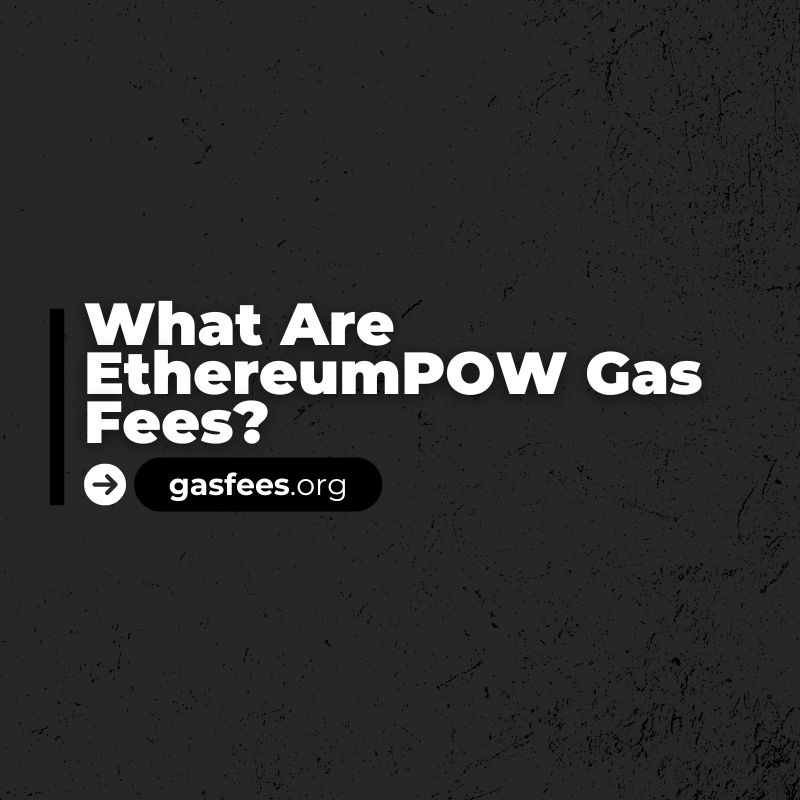
EthereumPOW gas fees are the transaction costs associated with performing operations on the Ethereum Proof-of-Work (PoW) blockchain. These fees, paid in ETHW, help secure the network and process transactions efficiently. Understanding EthereumPOW gas fees is important for optimizing your costs when interacting with the EthereumPOW network, whether you’re sending tokens or executing smart contracts.
What Are Ethereum Classic Gas Fees?
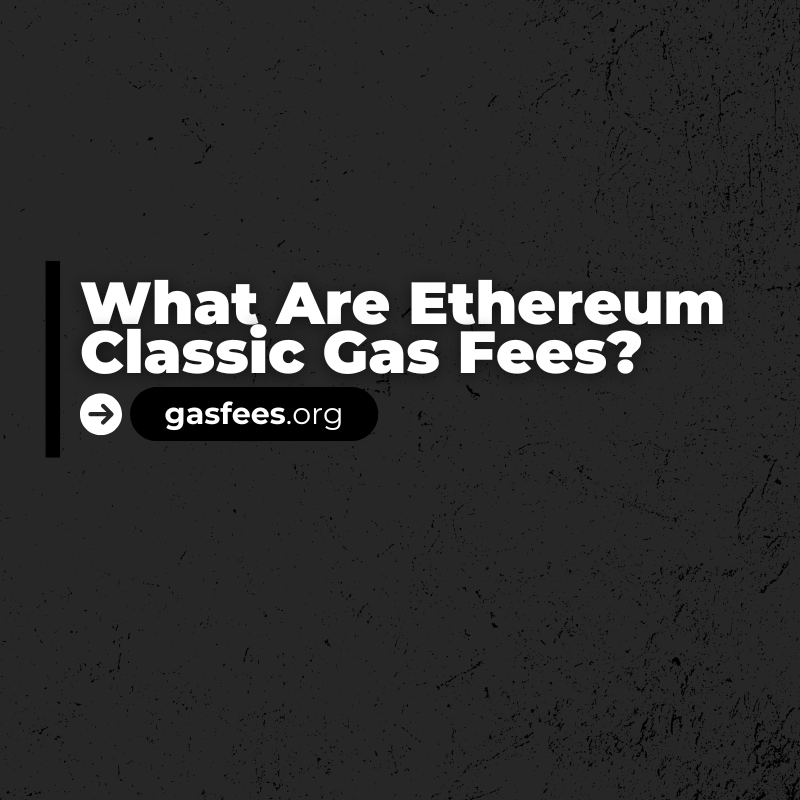
Ethereum Classic gas fees are the costs associated with executing transactions or smart contracts on the Ethereum Classic blockchain. These fees, paid in ETC, are crucial for maintaining network security and facilitating fast, decentralized transactions. Understanding how Ethereum Classic gas fees work can help you optimize your operations and reduce costs when interacting with this blockchain.
What Are CELO Gas Fees?

CELO gas fees are the transaction costs associated with executing operations on the Celo blockchain, which focuses on providing decentralized financial services to mobile users. These fees, paid in CELO tokens, help maintain network security and ensure efficient transactions. Understanding CELO gas fees is crucial for optimizing costs when sending payments, interacting with smart contracts, or using decentralized applications on the Celo network.
What Are Moonbeam Gas Fees?
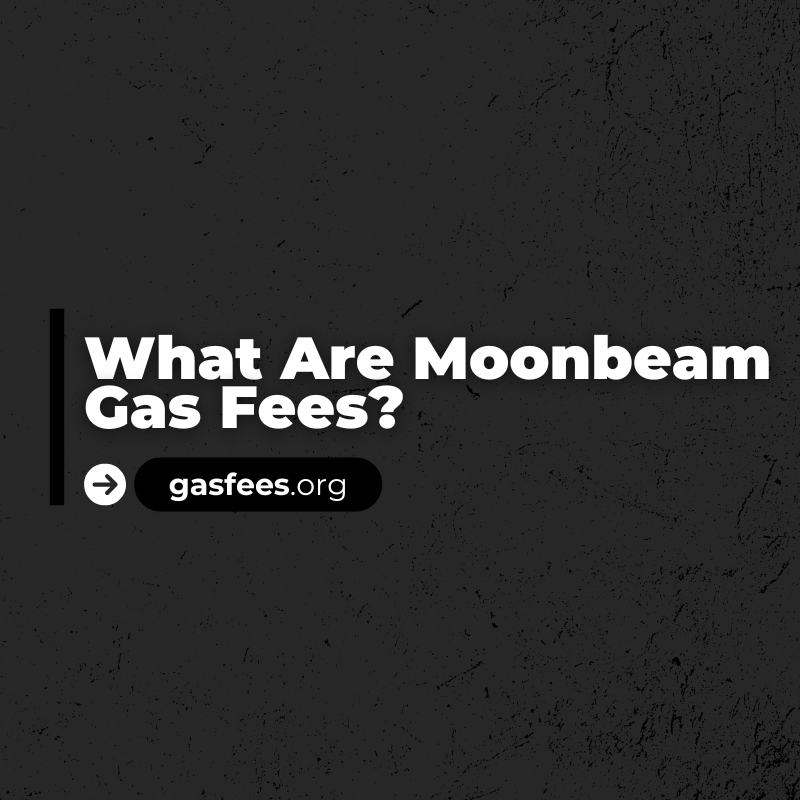
Moonbeam gas fees are the transaction costs required for executing operations on the Moonbeam network, a smart contract platform built on Polkadot. These fees, paid in GLMR tokens, facilitate seamless transactions and maintain network security. Moonbeam’s focus on Ethereum compatibility ensures low and predictable gas fees, making it ideal for deploying decentralized applications (dApps). Understanding Moonbeam gas fees helps users optimize costs while leveraging its multi-chain capabilities.
What Are Optimism Gas Fees?
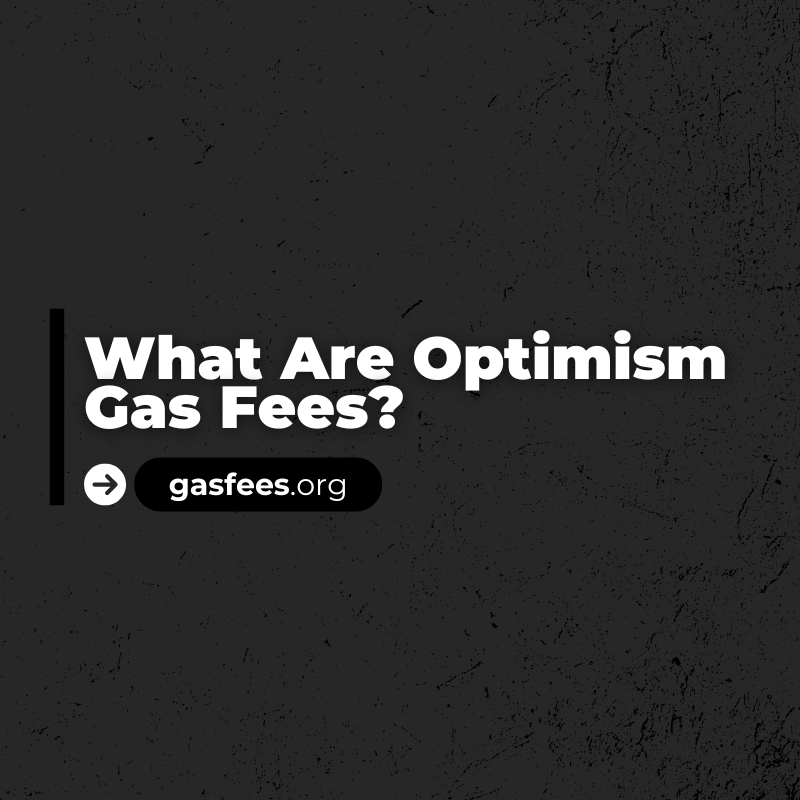
Optimism gas fees are the transaction costs associated with executing operations on the Optimism Layer 2 network, which aims to scale Ethereum by reducing congestion and lowering fees. These fees, paid in ETH, are typically much lower than those on the Ethereum mainnet, enabling faster and more cost-effective transactions. Understanding Optimism gas fees can help users optimize their costs when interacting with decentralized applications (dApps) on this layer-2 network.
What Are Kava Gas Fees?
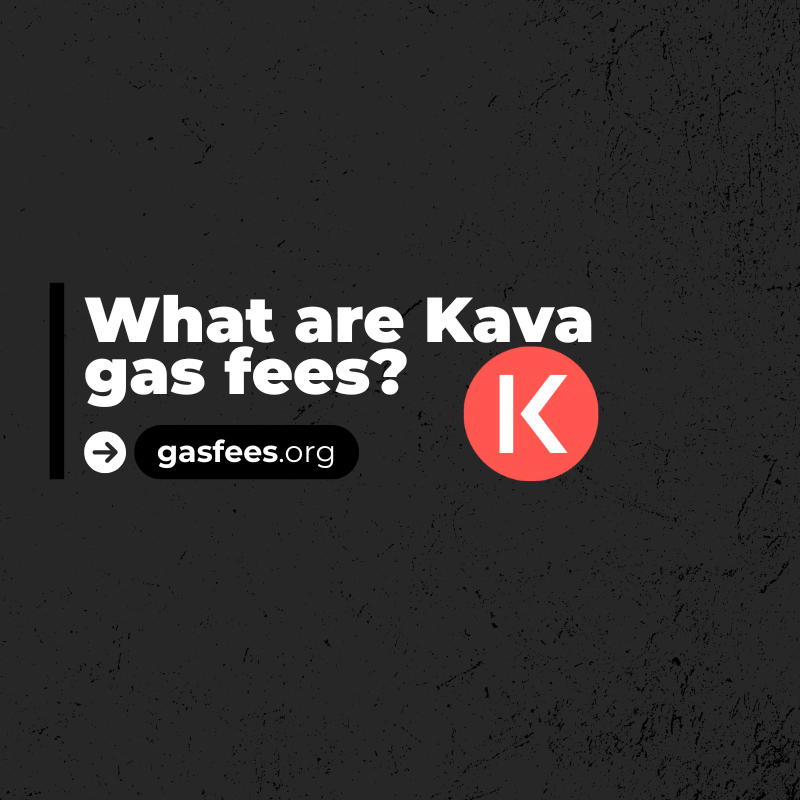
Kava Gas Fees are the transaction costs required to perform operations on the Kava blockchain, a decentralized finance (DeFi) platform built for cross-chain services.
Gas fees are paid in KAVA tokens and are used to compensate validators for processing transactions and securing the network.
The fees vary based on network demand, transaction complexity, and the specific operation being performed. Kava’s scalable infrastructure helps to keep these gas fees relatively low, making it an attractive option for users looking to engage in DeFi activities, such as lending, borrowing, and staking across multiple blockchain ecosystems.
